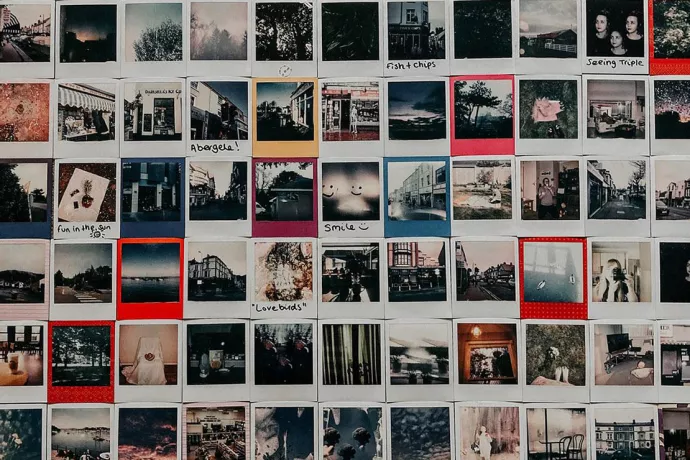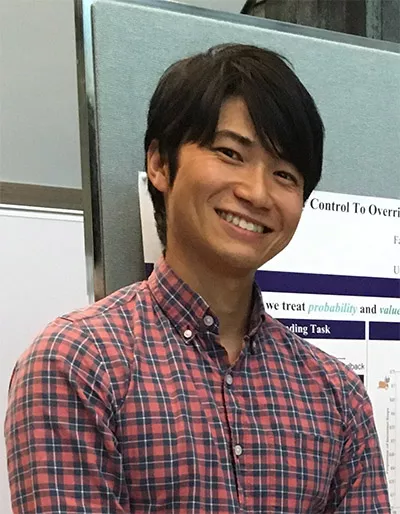
Forgetfulness prompted UTM scholar to understand and improve memory
Keisuke Fukuda says his memory is shot, and not as result of the current COVID-coaster. For Fukuda, it’s been a lifelong struggle. Despite this ongoing challenge, he turned his frustration with forgetting into an enduring fascination with memory that helps fuel his current research program.

“And then I realized it is psychology that might provide the answer.”
On the latest episode of VIEW to the U podcast, Fukuda talks about his research related to visual working memory and how memory might guide behaviour.
His research does not just focus on how we can better retain or process important information, it also explores why we get distracted when trying to focus on a task, or why we hold on to some things we would rather forget or put behind us. Fukuda also considers how memory distortion can come into play when we are processing information.
Using the example of meeting a friend in a crowded space, Fukuda explains that we need to have a mental image in our mind of what that friend looks like so we can identify them when we see them.
“What we found is that this usage is what we call perceptual comparison and it can cause memory distortion,” says Fukuda.
“What that means is that whenever you think, ‘Oh, that person in the crowd looks like my friend,’ this mental process actually changes your memory of your friend. So, if you find somebody who looks like your friend, you may not be realizing this, but your memory of your friend becomes distorted to look more like the similar-looking person in the crowd.”
Fukuda says this can impact regular everyday occurrences, like waving to someone you mistakenly identify as a colleague across the room, but there are also far more serious, albeit less common, situations where this can have an impact, including when a person is providing eyewitness testimony at a trial or identifying a potential suspect of a crime in a lineup.
His lab has found that if you want to better remember something, you should look at the information for a shorter duration – just “long enough to capture the information into working memory” – but with more frequency and over a period of time.
For Fukuda, who completed his PhD at the University of Oregon and a postdoctoral appointment at Vanderbilt University in Nashville, Tennessee prior to coming to UTM, he says his own memory has not improved much over the years, but these challenges have provided him with lots of inspiration for his lab and future research.
“My inferior memory in high school was initially the impetus for this research, and little did I know that I am still studying something and will have to continue doing that for my life,” says Fukuda.
“But the good thing is I now study things that I love. That's my motivation.”
